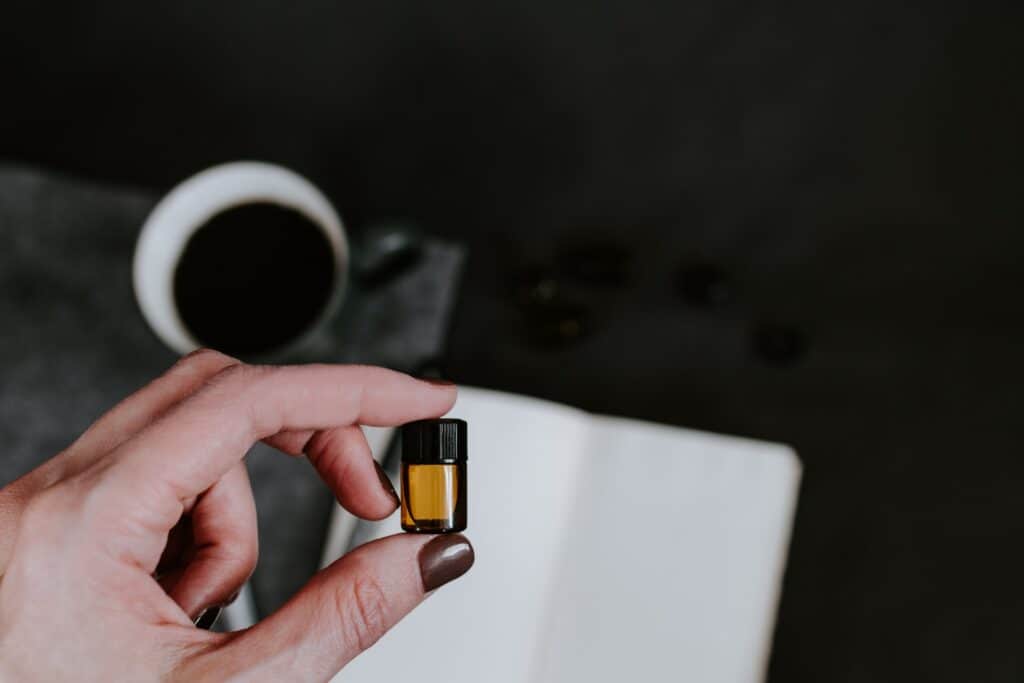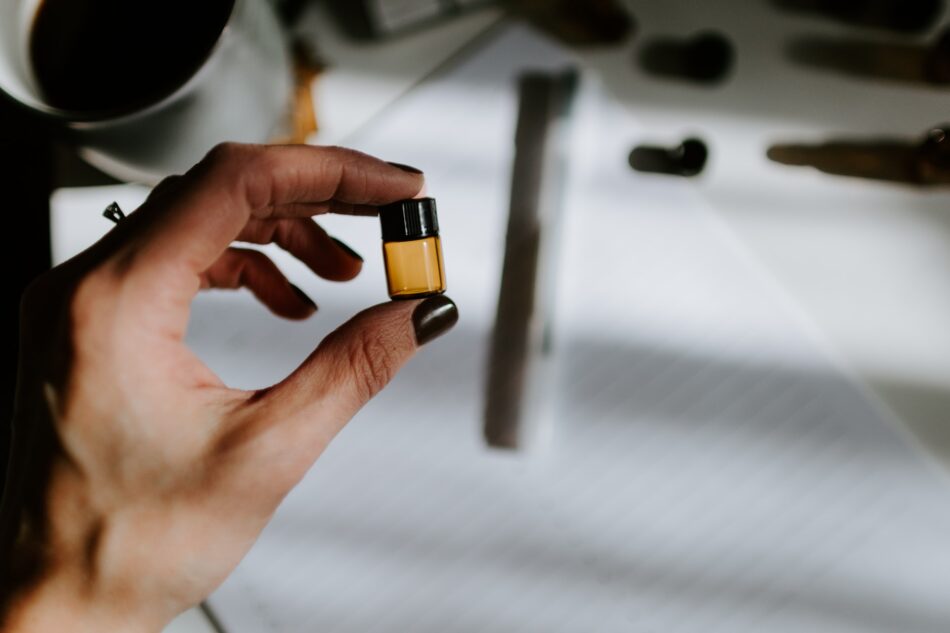If you are looking for a natural way to fade scars, rosehip oil is the answer but how long does rosehip oil take to fade scars? This oil is derived from the seeds of a rose plant, and it is effective in fading scars. In this article, I will explore the answer to that question. I will also discuss how to use rosehip oil to get the best results. Keep reading to learn more!
How long does rosehip oil take to fade scars? It all depends on the severity of the scarring. For example, if you have deeper scars from surgery or an accident, it could take up to six months for the rosehip oil to completely fade them. However, if you have shallower scars from acne or a small injury, it could only take a few weeks for the rosehip oil to make them significantly less visible.
It’s worth trying out this natural remedy if you’re patient enough to give it some time!
What Determines Rosehip Oil’s Effectiveness?
When you’re looking at different rosehip oils, it’s important to know what determines their quality and effectiveness. Here are a few factors:
- The type of rosehip oil: There are two types of rosehip oil, cold-pressed and steam distilled. Cold-pressed is the highest quality since it doesn’t involve any heat or chemicals in the extraction process. This means that more nutrients are preserved, making it more effective.
- The color of rosehip oil: The color can range from pale yellow to orange to red. The darker the color, the higher the carotene content, which is an antioxidant that gives rosehip oil its anti-aging properties. So if you’re looking for an oil that’s going to give you the most anti-aging benefits, look for a dark red one.
- The smell of rosehip oil: A good quality rosehip oil should have a light, fruity smell. If it smells too strong or rancid, that means it’s not fresh and won’t be as effective.
When you keep these factors in mind, you can be sure to choose a high-quality rosehip oil that will be effective in giving you the results you want.

What Type Of Acne Does It Work For?
There are four main types of acne: blackheads, whiteheads, papules, and pustules. Rosehip oil is most effective in treating blackheads, whiteheads, and papules. It can also help to reduce the size of pustules. Rosehip oil is less effective in treating cystic acne. This kind of acne forms deep directly beneath the skin and often results in scarring. If you have cystic acne, you should see a dermatologist for treatment.
Rosehip oil is thought to be so effective in treating acne because it contains high levels of linoleic acid. Linoleic acid is an omega-six fatty acid that helps to regulate sebum production. Sebum is the oily substance that your skin produces. Too much sebum can lead to clogged pores and acne. Rosehip oil can help to regulate sebum production, which can in turn help to prevent or reduce acne.
If you’re interested in trying rosehip oil for your acne, be sure to purchase a quality product from a reputable source.
Does Rosehip Oil Lighten The Skin?
Rosehip oil is said to be a natural way to lighten the skin. Some people use it as a spot treatment for dark spots, while others use it all over their face to achieve an even skin tone. But does rosehip oil work?
There isn’t much scientific research on rosehip oil and its ability to lighten the skin. However, some small studies have been conducted. In one study, participants who used rosehip oil on their faces for eight weeks had a significant decrease in hyperpigmentation (dark spots) and an improvement in overall skin tone.
So, while there isn’t a ton of scientific evidence to support the claim that rosehip oil can lighten the skin, there are some small studies that suggest it may be effective.
How Often Should I Use Rosehip Oil?
You can use rosehip oil as often as you like. Some people use it once a day, while others use it multiple times a day. It’s up to you how often you want to use it. Just be sure not to overdo it, as too much rosehip oil can lead to breakouts. Start with once a day and increase as needed.
How To Use
You should also perform a patch test before using the oil on your face. To do a patch test, apply a small amount of rosehip oil to a small area of skin, such as your wrist. If you don’t experience any irritation after 24 hours, it’s safe to use the oil on your face.
- Start with cleansing your face with a gentle cleanser morning and night.
- Apply a small amount of oil to your face using a cotton pad, and massage it in for several minutes.
- Rinse your face with warm water and pat it dry. You can apply rosehip oil to your face up to twice daily.
- Be sure to use sunscreen during the day as rosehip oil can make your skin more sensitive to the sun.
What Are The Side Effects Of Rosehip Oil?
Rosehip oil is generally considered safe for most people to use. However, there are a few potential side effects that you should be aware of. These include:
Dryness: If you have dry skin, rosehip oil can make your skin drier. This is because it’s a dry oil, meaning it doesn’t contain any water. If you have dry skin and want to use rosehip oil, be sure to moisturize afterward.
Redness: Some people may experience redness after using rosehip oil. This is usually temporary and should go away within a few hours. If the redness persists, stop using the product.
Irritation: People with sensitive skin may be more likely to experience irritation from rosehip oil. If you have sensitive skin, test the product on a small area first before using it all over your face.
Final Words
If you’re struggling with scars, give rosehip oil a try. It’s gentle enough for everyday use and it may help to reduce the severity of your acne. Just be sure to purchase a quality product and perform a patch test before using it on your face.
Do you have any other tips for preventing or treating acne? Share them in the comments below!
Interesting Reads

